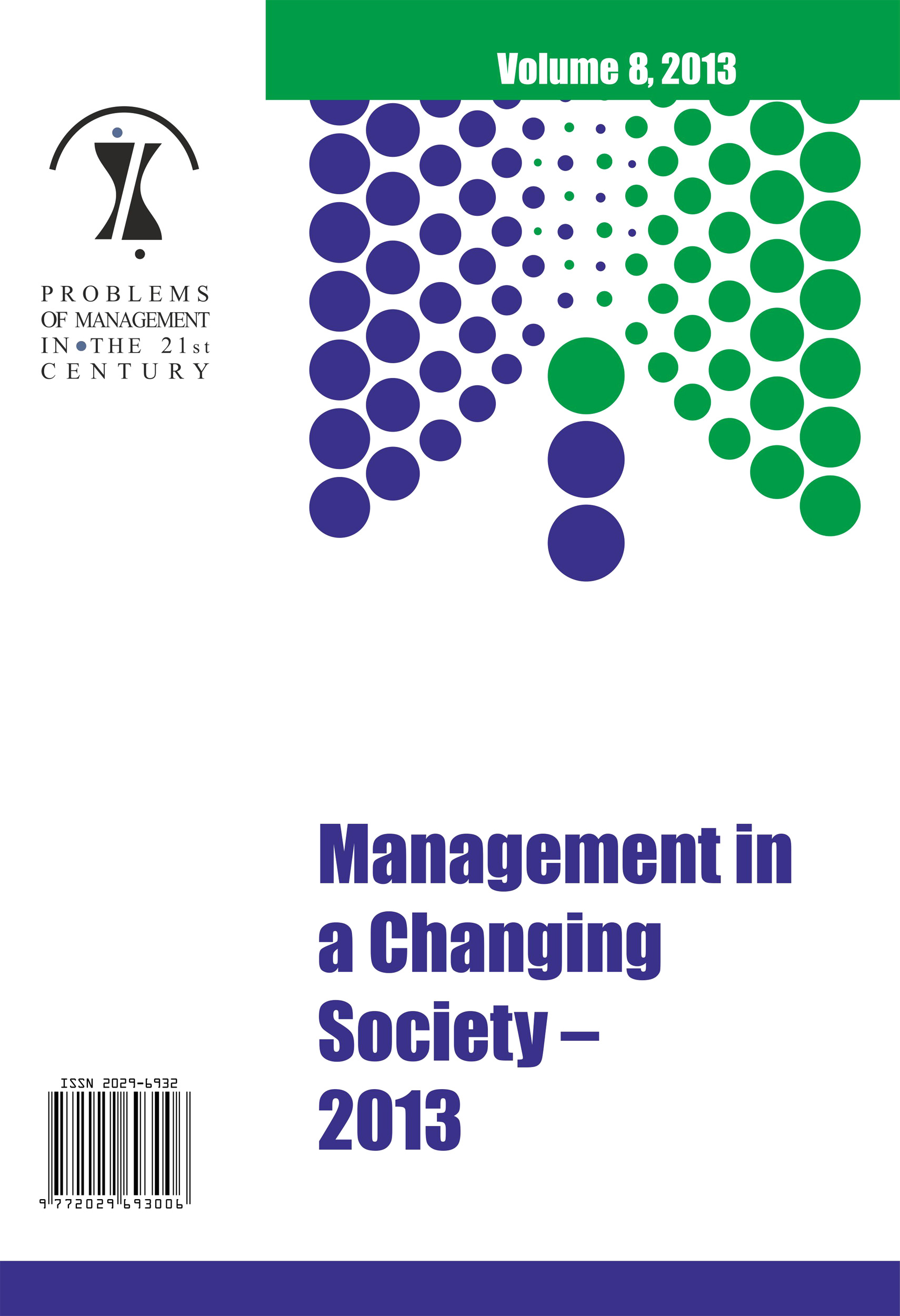USAGE OF SELECTED RESOURCES FOR INCLUSIVE EDUCATION IN MAINSTREAM PRIMARY SCHOOLS: ISSUES AND CHALLENGES FROM A KENYAN PERSPECTIVE
USAGE OF SELECTED RESOURCES FOR INCLUSIVE EDUCATION IN MAINSTREAM PRIMARY SCHOOLS: ISSUES AND CHALLENGES FROM A KENYAN PERSPECTIVE
Author(s): Pamela Buhere, Pamela Atieno OchiengSubject(s): School education, Inclusive Education / Inclusion
Published by: Scientia Socialis, UAB
Keywords: inclusive education; special needs learners; teaching/learning resources;
Summary/Abstract: This study assessed the effectiveness of the use of selected teaching/learning resources in the implementation of Inclusive Education (I.E) for Special Needs Education (SNE) learners in mainstream primary schools. Focusing on the organisational effectiveness of the school management in meeting the needs of Special needs Learners, research questions explored the following: the availability of the selected teaching/learning resources, effectiveness of the use of available teaching /learning for Inclusive Education, challenges in the use of available teaching/learning resources and possible improvements with regard to the implementation of Inclusive Education for Special Needs Learners in mainstream primary schools. The study adopted a descriptive survey design. Out of 150 schools that had integrated Special Needs Learners in Bungoma Count, Kenya, 20% were stratified, proportionately and randomly sampled. Purposive sampling was used to obtain the participants; head teachers, regular, and special teachers. The sample comprised of 30 head teachers, 120 regular teachers and 8 special teachers (total 158). Data were collected using questionnaires for 30 head teachers, 120 regular teachers, interview schedules for 8 special teachers and observation schedule. Data was analyzed using descriptive statistics. The study findings reveal that the integration of inclusive education has not been accompanied by support structures; educators lack the knowledge in handling the available resources, the available learning resources are inadequate and inappropriate. The study recommends that Ministry of education and school managers can implement inclusion smoothly and effectively through a variety of vehicles including in-service opportunities, professional support groups, mentoring activities, monitoring the degree of collaboration between general and special educators and improving the school setting to accommodate learner diversity. In addition, the government should improve on funding to cater for facilities and modification of structures.
Journal: Problems of Management in the 21st Century
- Issue Year: 8/2013
- Issue No: 1
- Page Range: 16-24
- Page Count: 9
- Language: English

